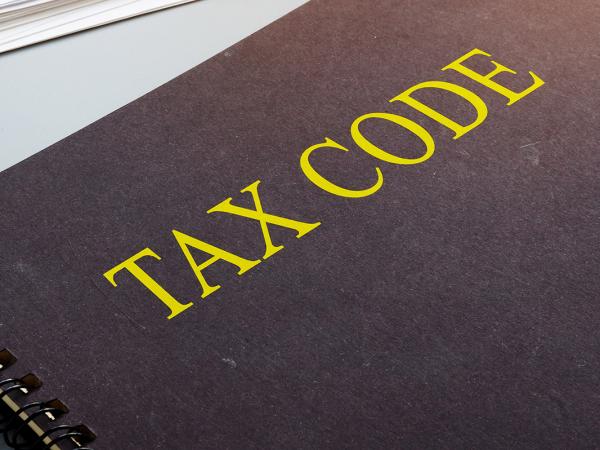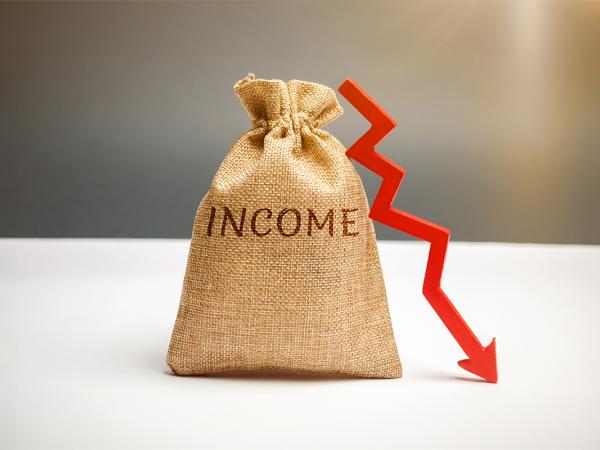
Special PAYE codes
We set out the basics, including the common letters you will see in a tax code, on our page PAYE codes. Here, we explain more about special PAYE codes you may come across and what an emergency code is.

We set out the basics, including the common letters you will see in a tax code, on our page PAYE codes. Here, we explain more about special PAYE codes you may come across and what an emergency code is.

The Pay As You Earn (PAYE) system collects income tax at source from your employment and pension income. If you receive income under the PAYE system, you will have a PAYE code (also called a tax code). HMRC issue PAYE codes to employers and pension providers to tell them how much income tax to ...

If your income falls, your liability to the high income child benefit charge (HICBC) may change or be eliminated completely. Where this is the case, if you do not currently claim child benefit, you may wish to consider claiming it. If you have opted out of receiving payment, you may wish to restart ...

This page looks at some complications which arise with the high income child benefit charge (HICBC) when a relationship ends. This is a complex area. You should seek specific advice on HICBC issues which may arise on separation.Please note: References on this page to being married include ...

If you move in with your partner, this can trigger the high income child benefit charge (HICBC). We explain how this works and provide information on completing the HICBC charge section of your self assessment tax return in these cases. This is a complex area. We aim to provide a general overview, ...

Welsh income tax applies from 6 April 2019 to Welsh taxpayers. On this page, we explain who a Welsh taxpayer is so that you can work out if Welsh income tax applies to you. In the guidance below, we refer to ‘parts of the UK’. In the context of Welsh taxpayer status, the four ‘parts of the UK’ are, ...
